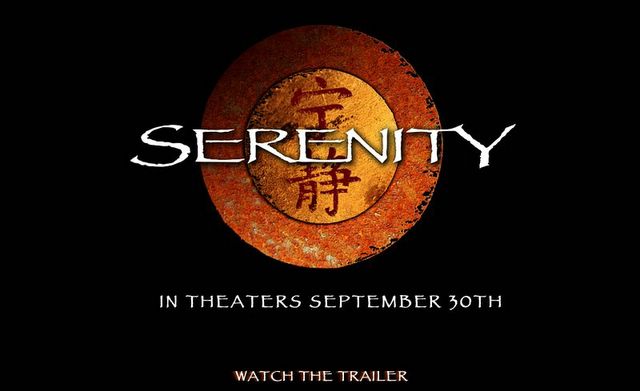This is what happens when you put the beginning of a news story with the end.
*snip*
College costs going nowhere but up
As they have for the last ten years, college costs rose faster than inflation this year, according to the report "Trends in College Pricing 2005," released Tuesday by the College Board, a non-profit association of 4,500 schools, colleges and universities.
The rate of growth in tuition costs at four-year private colleges was about the same as last year -- 5.9 percent -- to $21,235. But growth slowed in tuition costs at four-year public universities. They rose 7.1 percent to $5,491. Last year, public school tuition jumped 10.5 percent.
Tuition costs, of course, are not the whole nut. Including room and board, the cost of attending a private college is $29,026 per year on average, and $12,127 at four-year public universities.
....
But many college students don't pay sticker price. 63 percent of students receive some form of aid, either loans, grants or both, according to the National Association of Student Financial Aid Administrators.
On average, full-time students at private institutions get about $9,600 in aid in the form of grants and tax benefits. At public four-year schools, the average is $3,300.
....
In an accompanying survey, "Education Pays 2005," the College Board analyzes the benefits in lifetime earnings trends of those who've earned a college degree.
In 2003, workers with bachelor's degrees earned a median of $49,900. Those who'd completed several years of college with no degree had median earnings of $35,700, while those with a high school diploma averaged $30,800.
Projecting this over a 40-year career, the study calculated that a college graduate will earn about 73 percent more than a high school graduate.
*end*
So, in other words, average pre-aid college edcuation at a private school costs about twelve years of the extra money you'll make after graduation (about $20,000 per year to pay for the tuition and to make up for four lost years of earnings). That is worst-case scenario here (paying full tuition, having no job in college, etc.). If you factor in average grants, it takes about 10 years (two, if you are counting only tuition expenses). It only takes you one year to make up the tuition of a state college. Yeah, I know, you've got loans loans loans. I've got them too. I also had three jobs in college. In the long run, a college education is still the best investment you can make. Moreover, the American college system is still, by far, the best in the world. This "tuition crisis" is really a disguised healthcare and energy crisis (that's where the expenses are coming from) piling on top of states paying MUCH MUCH less to state schools. If schools just busted out those parts of the budget and put it on the state to explain, I think we might get a better energy and healthcare policy, frankly (and we might be able to tell students to pressure the state legislatures to step up to the plate). Until we do, I expect more of these "universities are just so expensive" diatribes to divert away from the real crises.




 Take on me? Take me on? (I'm only kidding, Dr. B.)
Take on me? Take me on? (I'm only kidding, Dr. B.)



